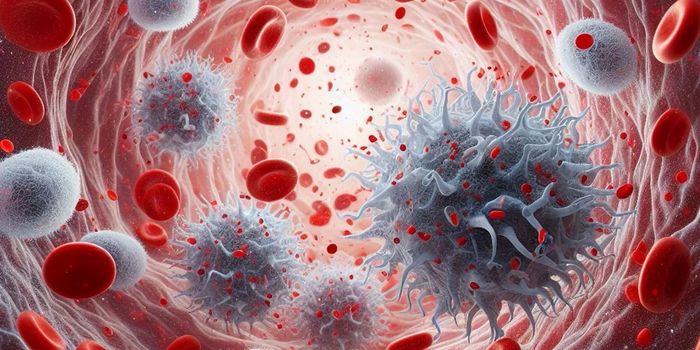Too Much Salt Is Bad for the Immune System
Excessive salt intake is associated with health consequences for more than just cardiovascular status; the immune system seems to be negatively affected as well. In a new study, researchers discovered novel evidence that “excessive salt intake” reduces the strength of the immune system – despite past evidence indicating otherwise.
Too much salt is considered “bad” for human health primarily because it has a negative impact on cardiovascular risk factors, such as blood pressure. Higher blood pressure is linked with a subsequent elevated risk of heart disease, like heart attack and stroke. In the United States, heart disease is the leading cause of death.
Past studies of laboratory animals infected with skin parasites showed that a high-salt diet was actually to the animals’ advantage, increasing macrophage activity and accelerating recovery. While researchers acknowledge the benefits of high salt diets in this context, they say that to generalize the benefits of high-salt diets would overlook the potential negative effects in the immune system.
In general, the human body regulates salt concentrations in the blood to maintain healthy organ function. The skin is an exception, acting as a “salt reservoir,” which explains past study results where high salt consumption aided laboratory animals in recovering from parasitic skin infections.
During the regulatory process, kidneys filter salt out of the body and remove it via urine. However, the same sensor that triggers salt removal also triggers glucocorticoid accumulation, which inhibits granulocyte function. Glucocorticoids are a type of anti-inflammatory hormone known for suppressing the immune system, and granulocytes are the most common type of immune cell found in the blood. Thus, high levels of the former and low levels of the latter could be detrimental to an immune response.
Researchers first studied a mouse model of high-salt consumption, observing an increased amount of severe bacterial infections. This result was thought to occur because of reduced granulocyte function, which is vital for anti-bacterial movement in the immune response. They tested the response to both listeria and urinary tract infections, observing the immune system struggle to respond in both scenarios.
In a human study, participants consumed an additional six gram of salt per day, the equivalent salt content of two fast food meals, according to the researchers. During blood analysis, researchers observed both reduced granulocyte function in response to bacteria growth and increased glucocorticoid levels.
According to the FDA, Americans consume about 3,400 milligrams of salt per day, 1,100 milligrams more than recommended.
Sources: University of Bonn, Science Translational Medicine, Neurohospitalist, U.S. Food and Drug Administration, Centers for Disease Control and Prevention








